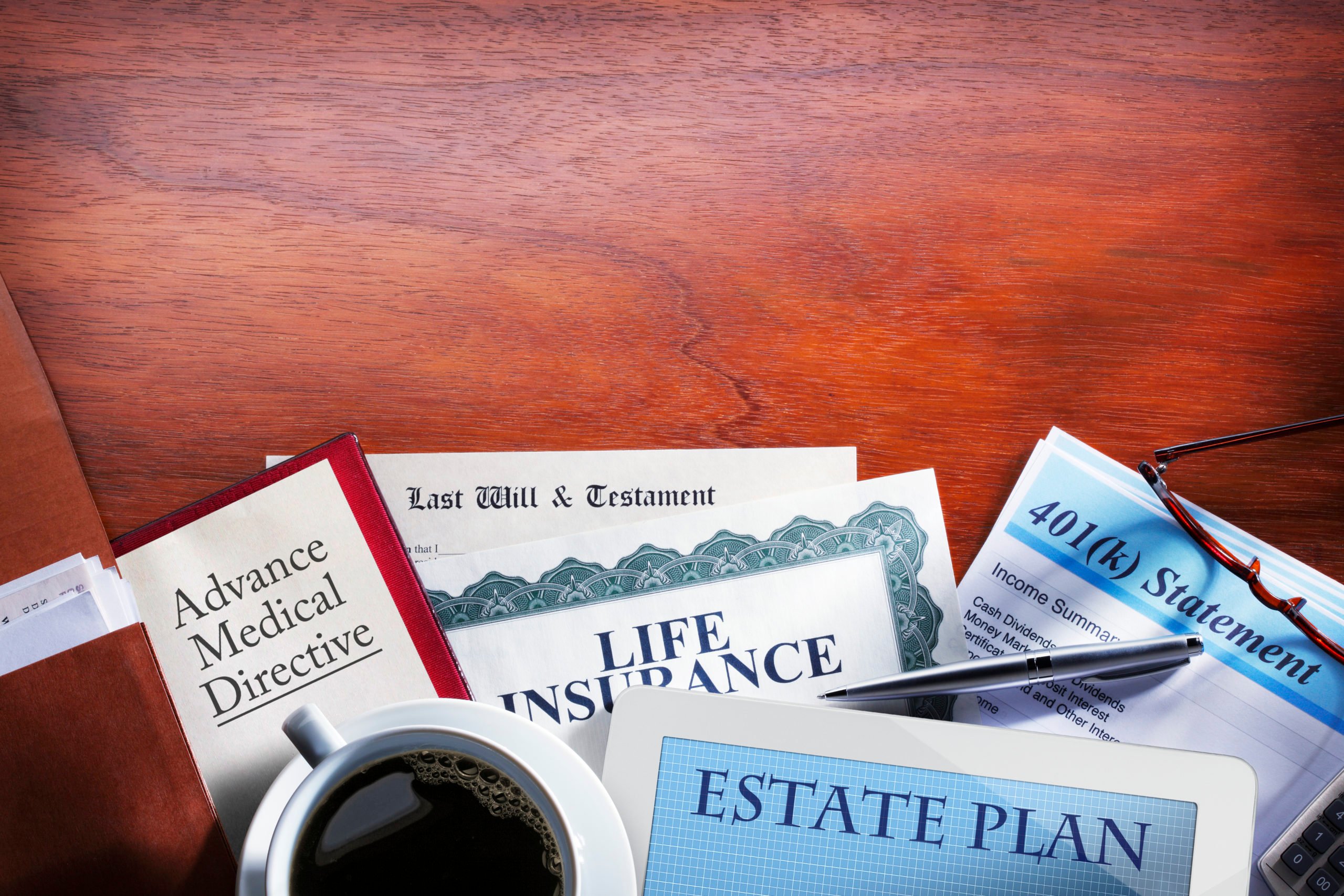03-20-2020 |
Your Estate Plan To-Do List While Social Distancing
By: Robert Hodges

The COVID-19 pandemic is an unprecedented event that is changing the way we think about protecting our families, health and wealth. During this time, some of you may find yourself at home practicing social distancing in order to do your part in flattening “the curve”. This time at home may provide an opportunity to consider your estate plan. This piece describes items that should be on your estate plan to-do list.
First, you should confirm you have executed the following principal estate planning documents:
- Last Will and Testament
- General Durable (Financial) Power of Attorney
- Medical Power of Attorney
- Living Will/Healthcare Directive
- Declaration regarding Final Disposition
If you do not have these documents in place, your first priority should be getting these documents completed. If you already have these documents in place, a review of these documents is in order to ensure they continue to reflect your wishes. In particular, you should consider your fiduciaries (agents, guardians, executors, trustees, etc.) and confirm the designated individuals or entities are still appropriate. Additionally, you should review the distribution provisions to ensure the proper beneficiaries are named and you are comfortable with the manner in which assets will be distributed to them. The “trigger” for your General Durable (Financial) Power of Attorney should be reviewed to understand at the point when this document takes effect and the scope of authority your agent has the authority to make decisions on your behalf. Finally, you may want to consider whether or not a revocable trust should be utilized in your estate plan to avoid the time, expense, and publicity association with a probate administration.
In addition to implementing or reviewing your principal estate planning documents, you should complete the following tasks to ensure your overall estate plan is effective:
- Locate your original estate planning documents, ensure a trusted individual knows where they are located, and that the documents are in a safe place in the event of natural disaster, pandemic, or similar unusual circumstance.
- Make a financial balance sheet and list of passwords.
- Locate any keys or passcodes that are necessary to open safety deposit boxes or safes.
- Prepare a list that identifies who will receive certain tangible personal property (you may have this authority if your principal estate planning documents include such an ability).
- Consider sharing your estate plan and post-death wishes (funeral, cremation, burial, etc.) with your family and fiduciaries.
- Review your beneficiary designations and business succession plans.
- If you have a revocable trust, complete a trust funding review to ensure your revocable trust is properly funded to avoid probate.
- Review insurance coverage on assets and personal liability.
- Consider whether consolidating financial accounts may be beneficial.
- Determine whether charitable giving should be part of your estate plan and the most tax efficient method for this to be completed.
- Talk to your financial and tax professionals to consider recognizing losses in securities for income tax purposes.
- Examine whether it makes sense to take advantage of techniques to minimize estate and gift tax while assets have depressed values.
If you have any questions about your estate plan or what to-do items you should focus on, please do not hesitate to reach out to Robert Hodges, Katheryn Thorson or the Estate Planning Practice Group.
For updates on COVID-19 and new guidance provided by BrownWinick attorneys, please visit our COVID-19 Resource Page.
Meet the Authors:

